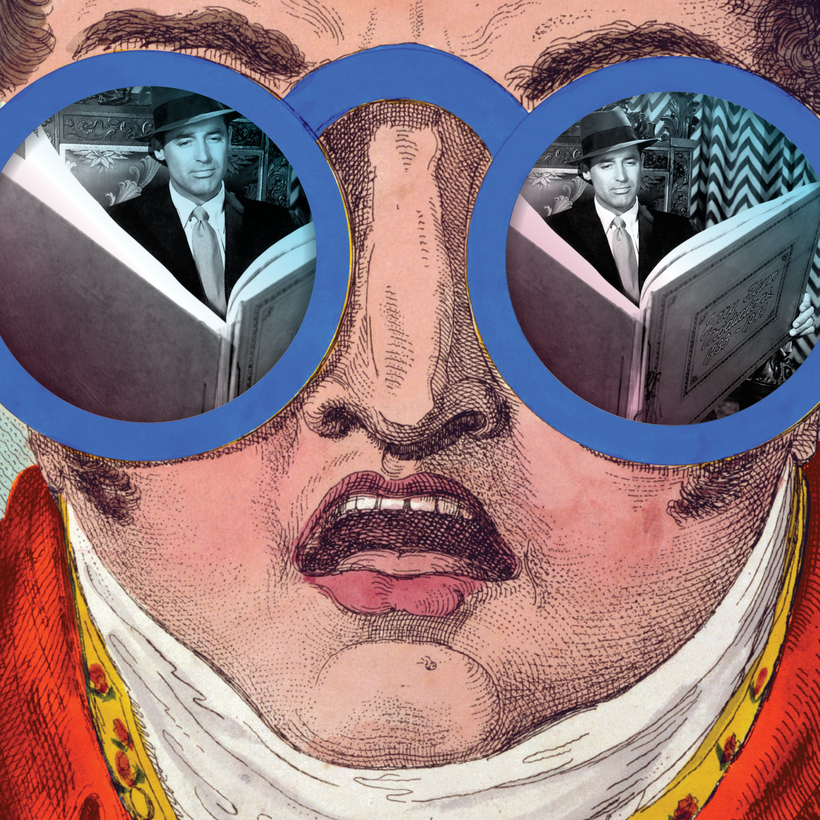With the approach of the gala benefit celebrating the 175th anniversary of Harper’s Magazine, I’m frequently asked why we remain so faithful to print. Isn’t it time to get with the program and accept digital reality? Shouldn’t we give up the ghost, not to mention the vicissitudes of the international paper market, lately worsened by Trump’s tariffs?
“Digital, digital, and more digital,” a friendly book publisher advised me more than 20 years ago, and the chorus promoting pixelated perception has only gotten louder. (I was also repeatedly told, “Information wants to be free,” but that refrain has died down as more and more media organizations have followed my lead and realized the necessity of paywalls.)


